Beware of deceptive apps in Windows Store
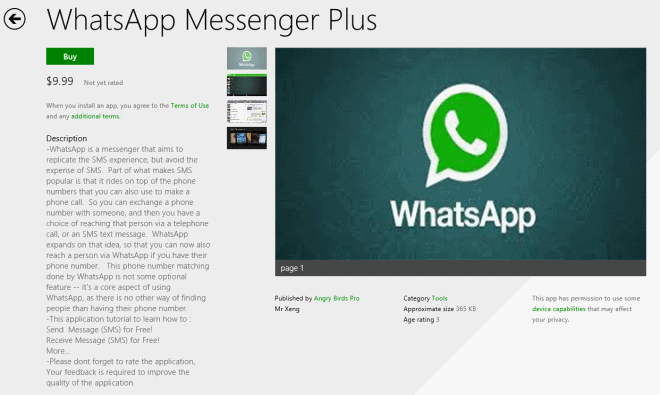
Back in June I mentioned that Windows Store had its fair share of what I called then media player spam. This referred to dozens of media player apps that were designed to confuse and for the most part rip off users of the store. Some used official names, other icons and colors of popular tools, and all cost money to buy.
While that is bad enough, it outlined a much bigger problem: deceptive apps that hop on the bandwagon of popular products to deceive shoppers. There are several kinds of these apps available in Windows Store which I'd like to group into a few categories to highlight the issue.
I'd like to mention that Windows Store is not the only app store with this kind of problem. These apps have however been in store for quite some time now and nothing has been done about it yet.
1. Tutorial apps
Okay, this may not be the most descriptive category description ever but read on to find out about it. There are dozens of apps in store that use official names and logos, are only available for money, and deceive the user in believing they are something that they are not.
WhatsApp Messenger Plus for example is available for $9.99 in store. The description explains what WhatsApp is in a large paragraph, and then tucked in between that it is only a tutorial for the messenger. There is also Whatsapp Messager here and WhatsApp Messenger for Windows 8: How to use.
These applications are available for a number of popular programs including Mozilla Firefox, iTunes,Google Drive, Winrar, BitDefender or Spotify.
Yes, some do not use the full product name only and add a how to use or something similar to it, but they do seem to use official icons and images of the programs and services.
Companies that do that are BA Media, with 49 apps of this kind in store right now, and Angry Birds Pro with 14 applications.
2. Website copies
It is relatively easy to display a website as an application in Windows 8. Some companies do so to create touch or desktop versions of websites for Windows 8. The apps are called Yahoo! Touch or IMDb Desktop, and display the website or service in question in the application. I cannot really say if they improve anything, or if they are 100% copies. Regardless of that, they do use official logos and names used by those websites and services, and while free, add advertisement to those sites.
3. Official names
Some application developers go a step further than that. They use the official name of an app and make no effort to distinguish their product from the real thing.
I have already mentioned several of those products in the media player spam article: Windows Media Player 10 is for instance available for $4.99 each. It is however not produced by Microsoft, but by Stand Alone Apps. Facebook Mobile, available for $2.49 has received 1292 ratings at the time of writing even though it is not an official application but created by AnKo Software. Gmail.com on the other hand is available for $9.99, listed in the Music & Video category, and produced by a company called Hot Girl (which actually is a tutorial again it appears).
It is interesting to note that users have been scammed by applications before. Here are some quotes taken directly from the store:
Misleading this is NOT the app. Read the whole description. It is cleverly laid out to fool those who are not careful. Is is a very poorly produced tutorial too. Crap.
Completely Misleading. I just paid $8 for video tutorials... wtf. Not the app at all.
Do NOT BUY. Don't be duped by this app like I was. It is not the actual browser. It is only a stupid tutorial on how to use Firefox... and who needs that? Complete bs. I think it is intentional.
Disappointing. Not only does this app just wrap the mobile website and add a couple buttons, it also adds advertisement to your experience for just $2.49.
Closing Words
There appears to be an "anything goes" mentality right now in store which is fueled by an ineffective vetting process. Microsoft needs to take care of those apps in store to improve the user experience and avoid that users are scammed by applications that appear to be something which they are not.
This is not only bad for Windows users, but also for Microsoft and the companies whose products are referenced by those applications.
Advertisement

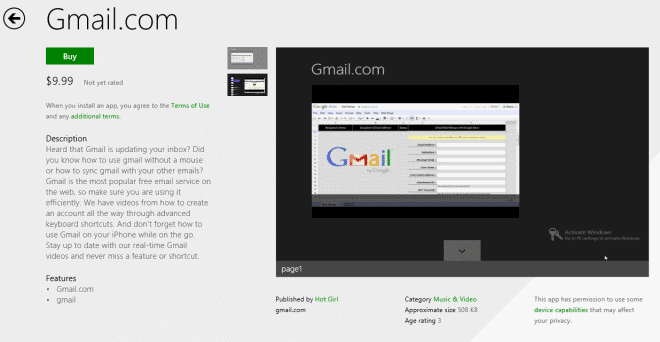





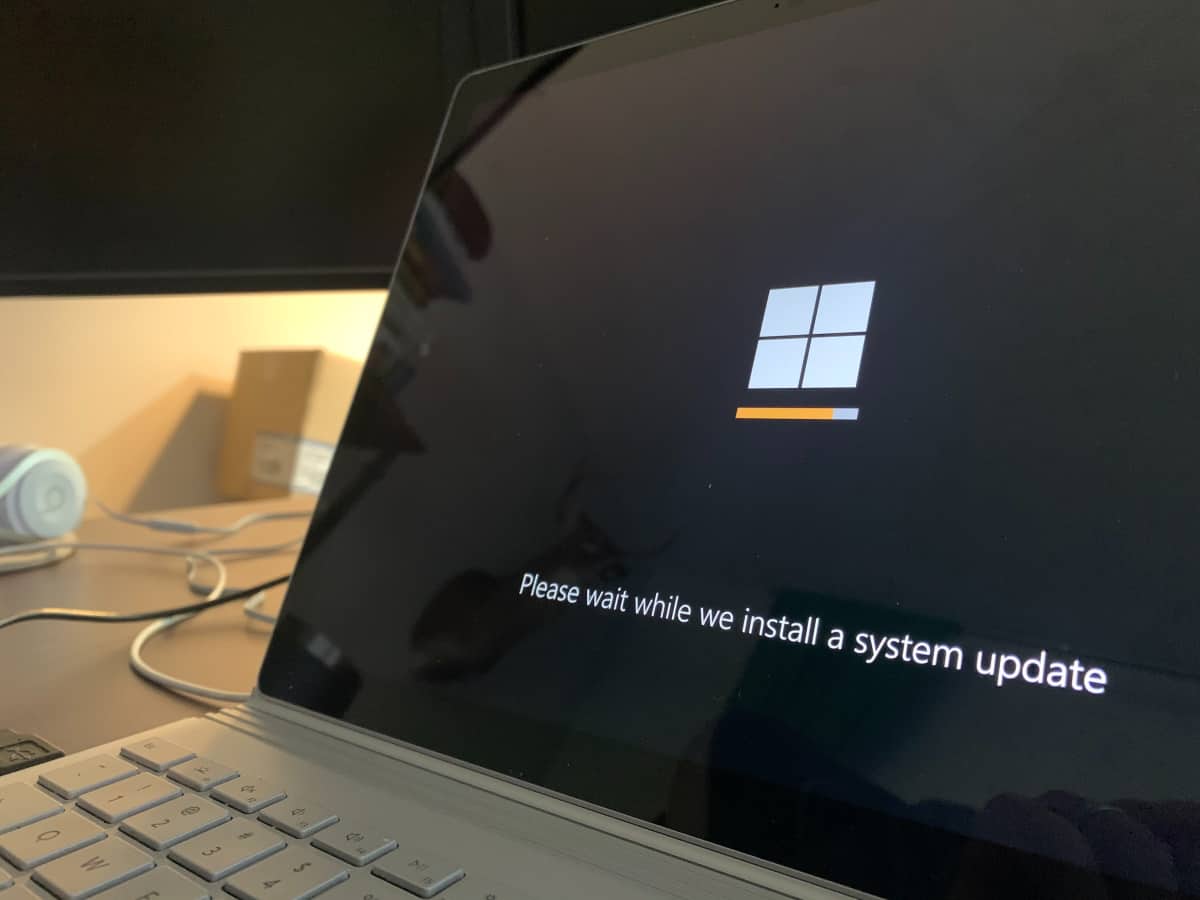






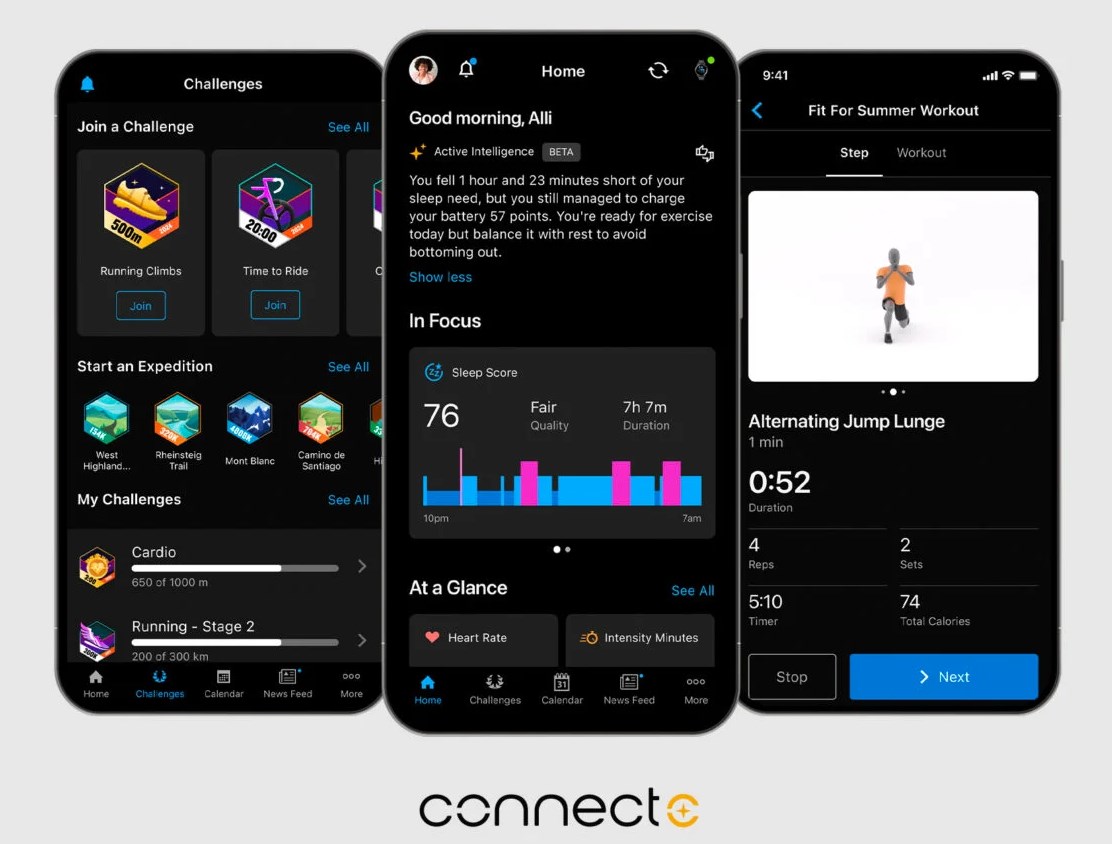

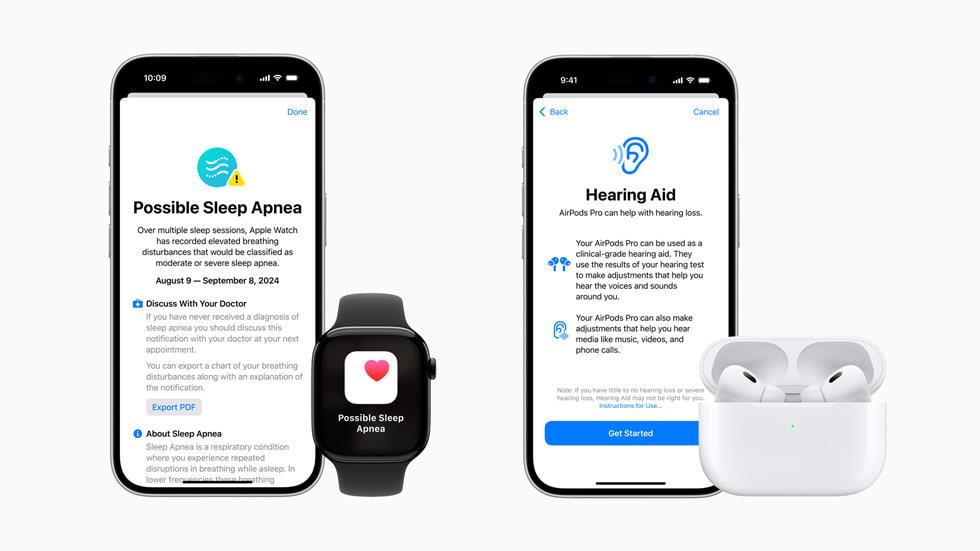
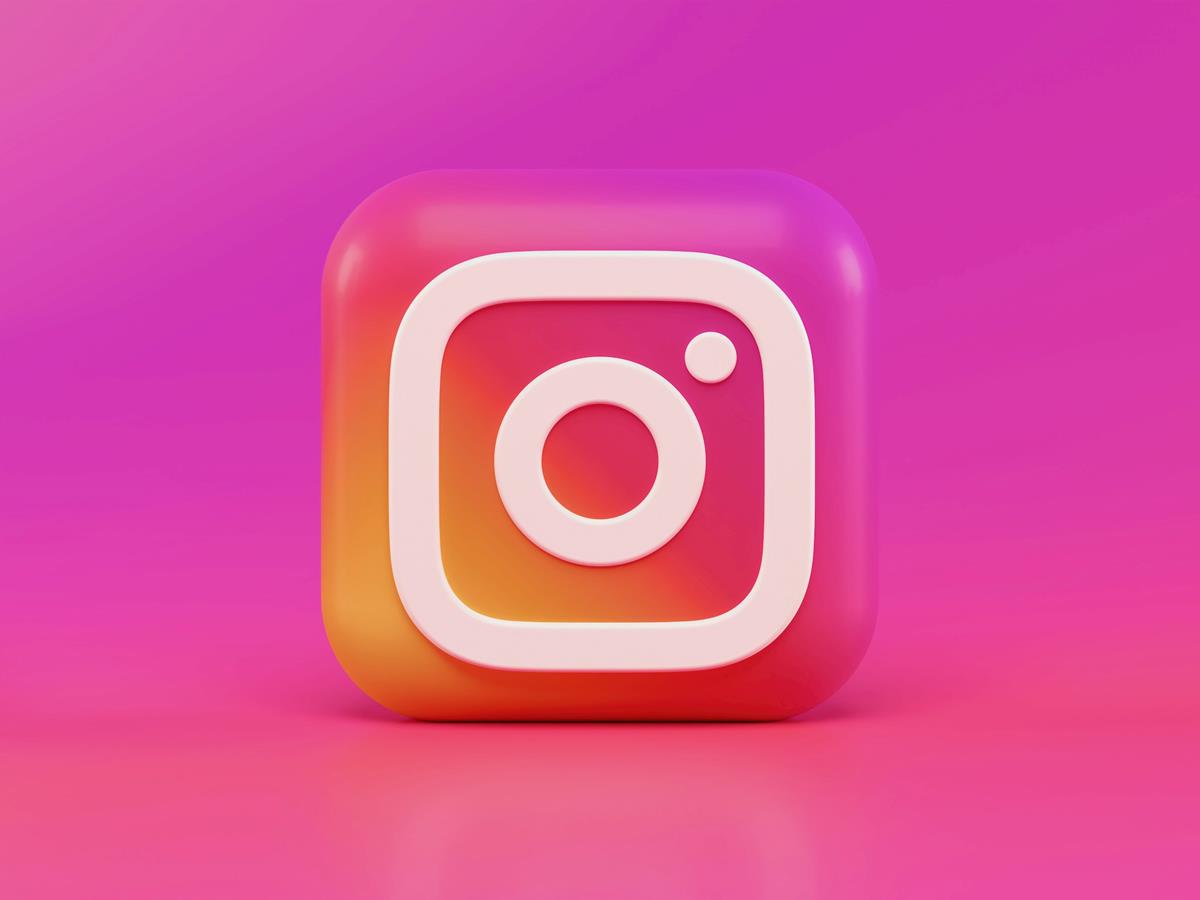
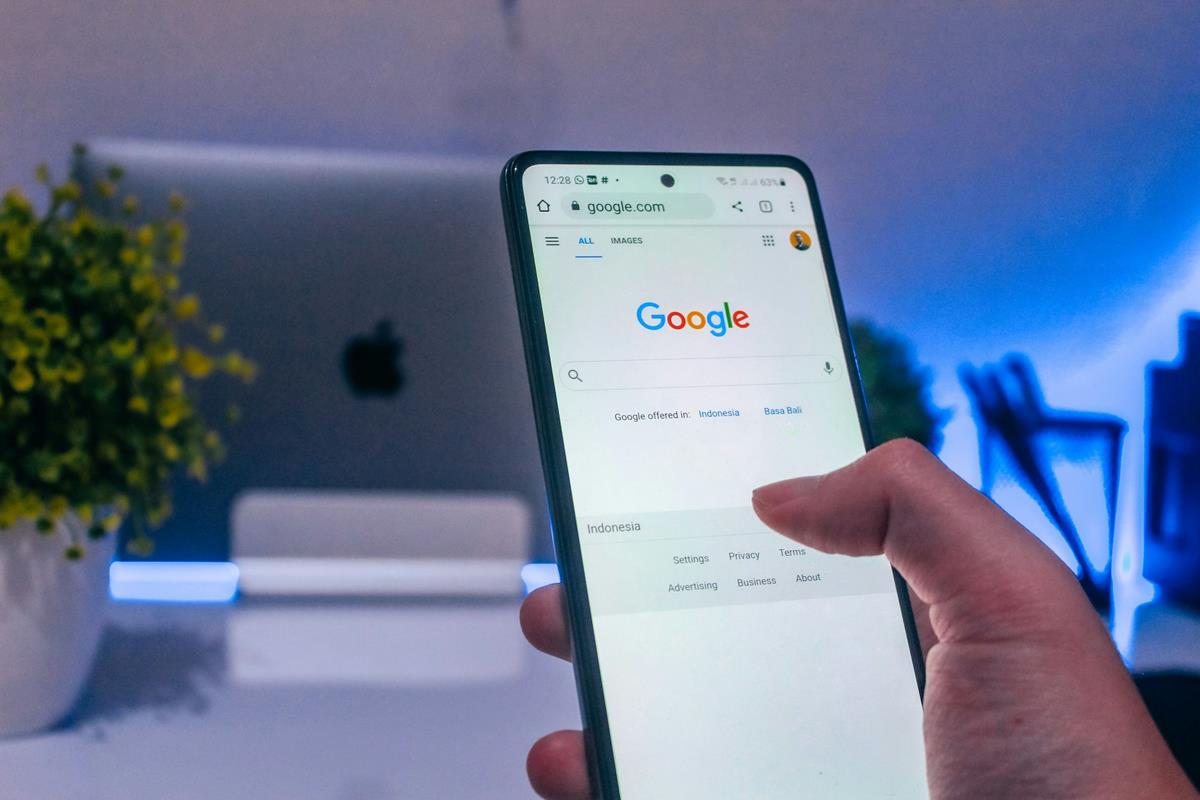

my browser displays this post in mobile mode all other posts are not affected,fix it please :)
Not helped by the fact that the review process isn’t available unless you buy the app, so it’s difficult to warn people off.
Typical Microsoft attitude towards the problem, it hardly needs to be said.
Another problem is apps needing access to your location and internet – fair enough in many cases, but unacceptable when the app has no need for such access.
Bottom line though is I agree with Swapril. People will just click their way through anything to get to some ‘cool’ app or software – they just never ever seem to learn. I’m forever helping neighbours remove dodgy toolbars etc, which – to be fair – the installing software had offered perfectly clear options to avoid.
“Not helped by the fact that the review process isn’t available unless you buy the app, so it’s difficult to warn people off.
Typical Microsoft attitude towards the problem, it hardly needs to be said.”
Even though I am a Microsoft fan, I also criticize it for doing excessively long delays in making the required changes. However I still think Windows is may better than OS X or Linux. I hate OS X for it’s extremely short life. Today, most softwares have stopped working on OS X 10.5 – while Windows Vista still has high software compatibility. And Linux cannot run most softwares I need. Though I still consider Linux is a great operating system. Windows works great for me. The minor bugs and problems and there do not bother me much.
I agree, Microsoft must take action. However, whenever I see people just clicking Next, Next, Next in installers, buying software from bogus sellers and from eBay (as far as I remember, there are many cases where the product key turned out to be invalid and purchasing fake apps or installing malware apps (on Android) I just wish the people had more knowledge about a device or service they need to use everyday. Because how secure maybe a service, the security layer can’t protect against the ignorance and foolish actions of the user.
this is the only thing that i like about w8.
LOL!
Does Microsoft refund users downloading these spam and deceptive apps ?
Recently I have bought a music app from Apple’s iTune store. I felt that app hasn’t performed as advertised.
I have filed a refund request at iTunes store, and got refunded within a day.